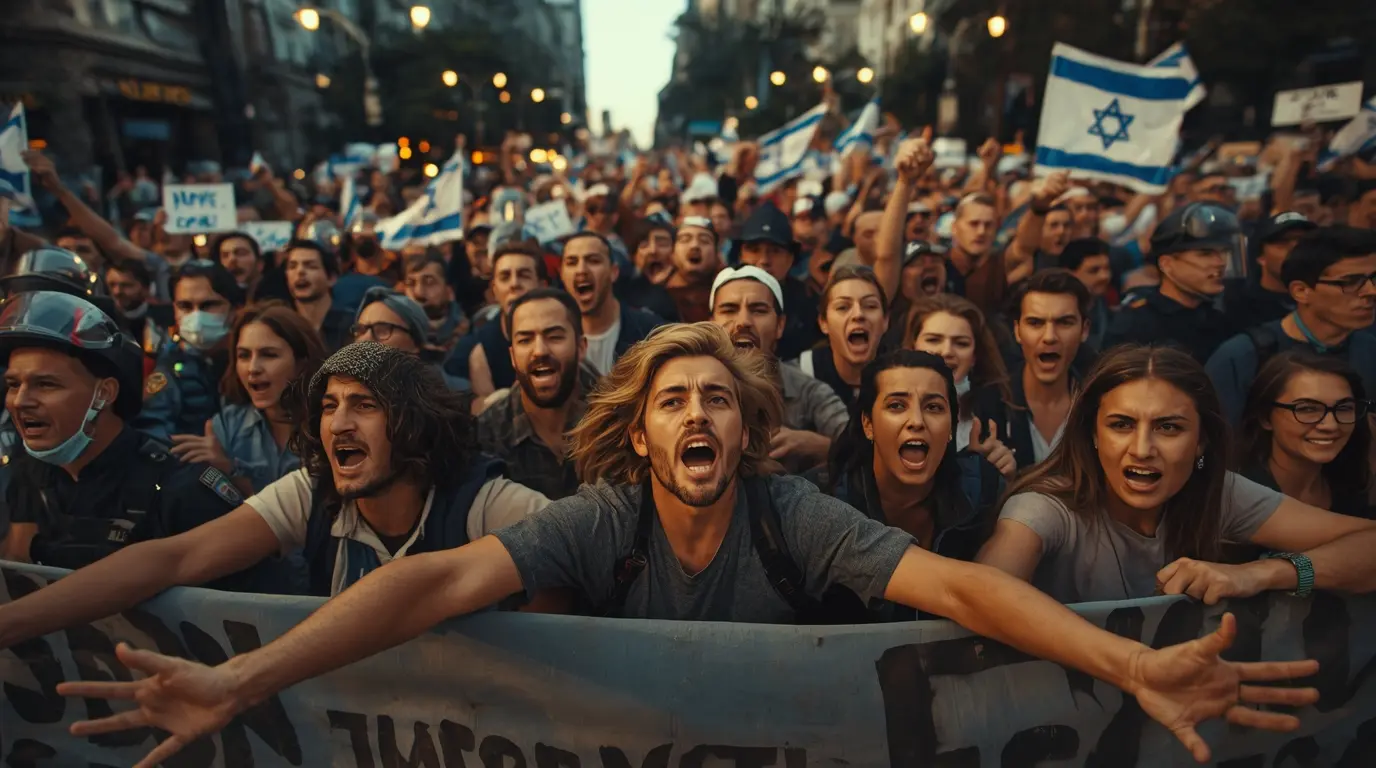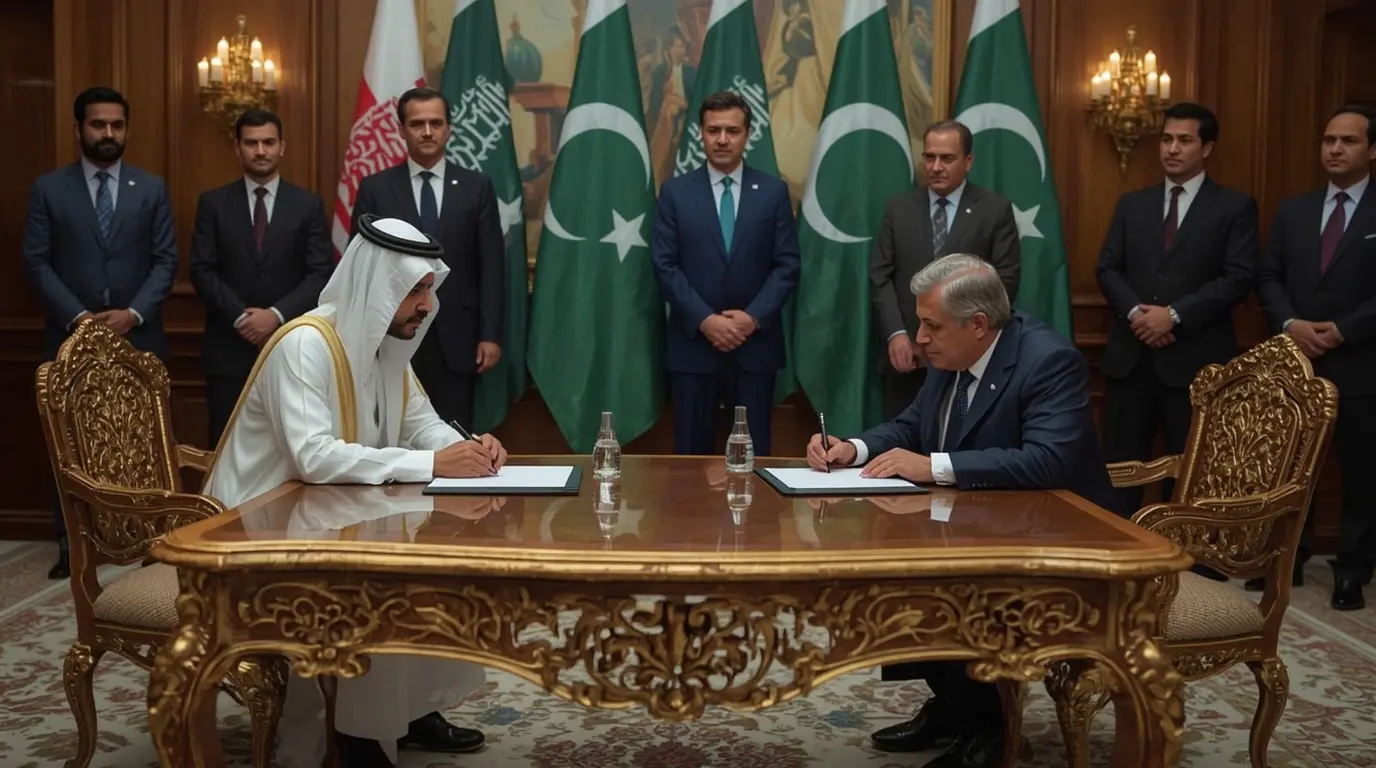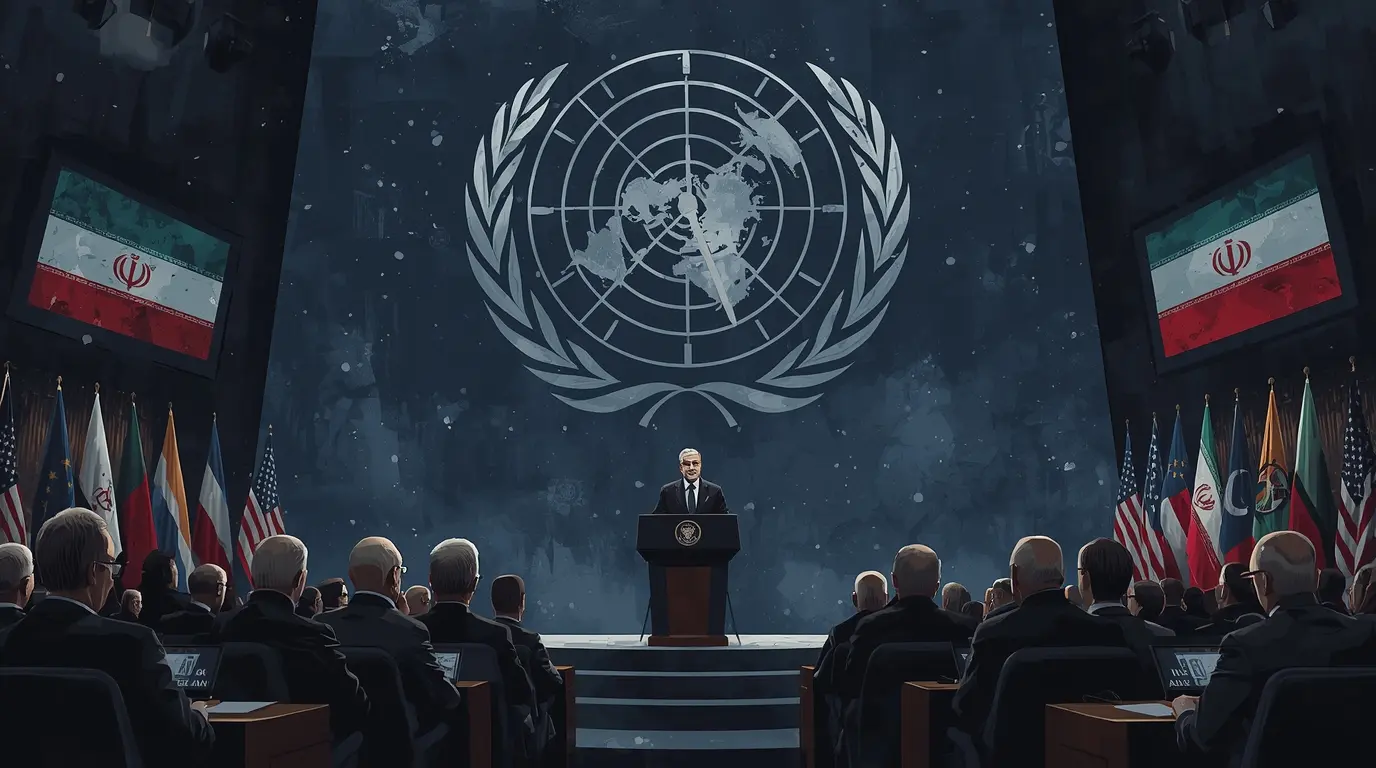Latest Update: As of August 28, 2025, the situation with Israel and Gaza remains a focal point of interest across the world. Prime Minister Benjamin Netanyahu is at the eye of the storm, balancing a web of military maneuvers, attempts at a ceasefire, and public unrest within the country. This post aims to cover the most recent news, focusing on Netanyahu’s tactical decisions and the increasing friction within Israel and the world.
Netanyahu’s Changing Strategy on Ceasefire Negotiations
Netanyahu is now more open to Israel’s negotiating with Hamas on ceasefire terms, and this is a shift of policy from his part. After a year and a half of only accepting incremental incremental steps, Netanyahu is now demanding a full deal that would grant the release of all remaining hostages and bring an end to any further conflict on Israel’s terms. This change is coming at a time when Hamas does seem to accept the last offer given to them by Qatari and Egyptian mediators which included a temporary ceasefire. Israel has been silent on its response to that offer which frustrates mediators and families waiting for news.
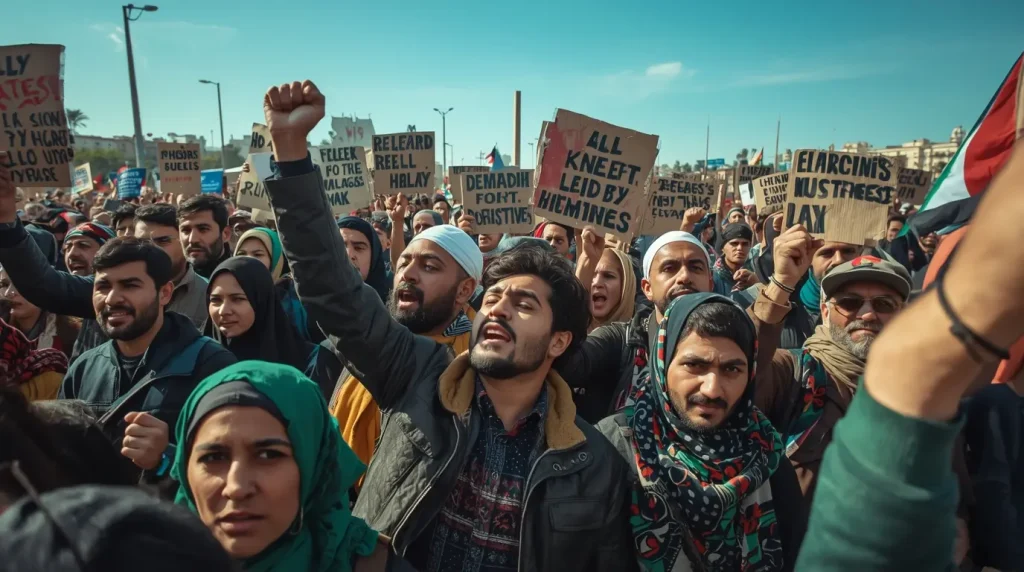
This aligns with support given by the U.S. President Donald Trump, who has endorsed Netanyahu’s hardline approach. Senior Israeli Trump believes that partial agreements will not yield results and prefers a more blunt approach. This support has given Netanyahu the confidence he needs to go for a broad approach.
Military Strategy: Gaza City Operations
At the same time, the Israeli Security Cabinet has approved extending the limits of Gaza City Operations, while some military leaders are more cautious. Chief of Staff Eyal Zamir warned that evacuating civilians and military personnel could result in danger.
Netanyahu’s decisions seem to be split between political and security motivations. Some coalition partners have warned that a more limited approach could jeopardize the government’s stability. This has prompted critics to claim that the dominant strategy along with other political motives lacks public and humanitarian thought.
Domestic Responses
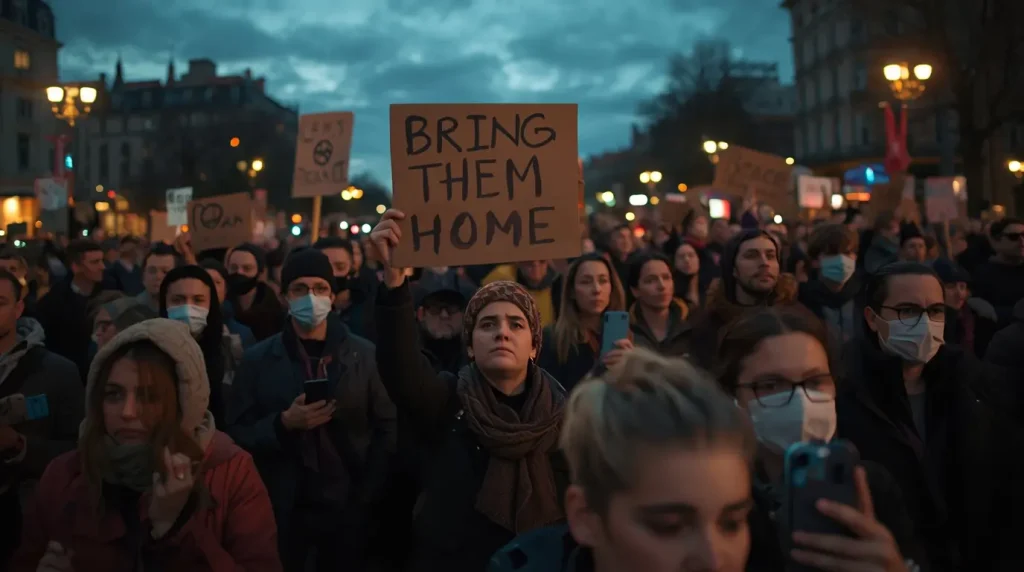
Netanyahu’s militaristic strategy blended with negotiation talks has triggered domestic protests. The so-called “day of disruption” on August 26 saw tens of thousands of Israelis take to the streets. Protesters blocked roads and gathered near government buildings while demanding a ceasefire with the Israel government’s military forces and also pushing for the safe return of hostsages. Hostage families are the most expressive, actively asking the government for genuine measures to protect their family members.
Data shows that a significant proportion of the population are in favor of resolving the war with negotiations, putting major focus on hostage release. Even so, Netanyahu still balances his coalition’s stance which leads to conflicts between public desires and political objectives.
International Context and Legal Issues
Netanyahu has faced backlash from some global partners which, in his mind, would be allies. Some of his allies, like Germany, have temporarily halted military aid while some other EU countries are considering doing the same. Gaza still has a big humanitarian challenge with reports of worsening situations of food and medicine.
Netanyahu has international legal issues as well. There are active warrants from the International Criminal Court (ICC) concerning some of Netanyahu’s actions during military operations which are regarded as war crimes. These matters have consequences for Netanyahu’s international movement and diplomacy because ICC members must follow the legal obligations if he travels to their countries.
The Path Forward
Netanyahu has said that Israel will still try to negotiate deals with Hamas to get released hostages that are held captive. Israel will focus on negotiations to try to get terms that are acceptable to Israel. But Hamas has tough restrictions on what Israel calls security control. These security lines have made it tough for Israel to make any comprehensive agreement. The negotiations are stalling.
The proposal on the table suggests a fragile ceasefire. This will feature a hostage-for-prisoner swap, releasing select Palestinian prisoners in stages, with negotiations held afterwards to try to reach a more permanent plan. Netanyahu is trying to negotiate, but also trying to get things done militarily which makes the situation very sensitive.
Conclusion: Making Decisions with Tough Consequences
Netanyahu has to consider impacts in a mix of issues that are sensitive for Israel. Israel is facing a lot of pressure from the citizens and the world. The global focus is on aid and support, but Israel is determining their operational measures. The next few weeks will mark a big decision — to negotiate a solution or use force. The world is waiting to see what Israel will do next.
Source: https://edition.cnn.com/2025/08/27/middleeast/netanyahu-israel-protests-gaza-analysis-intl
For more incredible stories of everyday news, return to our homepage.


